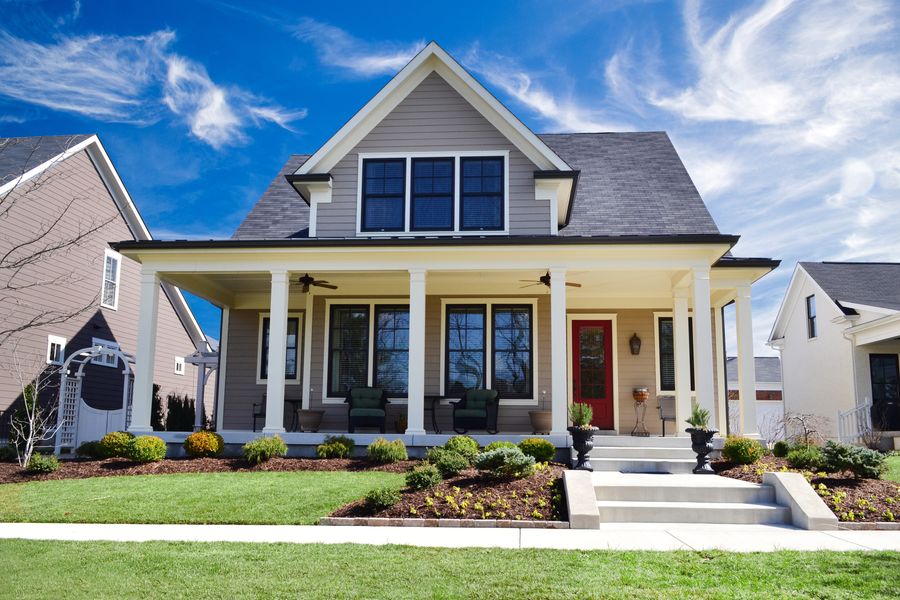If you’ve been looking to become a homeowner, or you already own a home, you’ll want to pay attention to a proposal that seems to keep raising its ugly head: a tax on the capital gains on the sale of the home you live in.
Currently, the sale of a principal residence is exempt from capital gains tax. This makes sense for many reasons, not the least of which is the fact that homeownership is the cornerstone of retirement planning for many people. Unfortunately, while the federal government has denied any plans to change this policy, the idea continues to be discussed in various corners. This should stop.
Imagine a first-time buyer who has been working hard to save a down payment for years and finally becomes a homeowner. This tax would change the rules on them midway. Many younger homeowners and buyers already feel like they have greater challenges than previous generations to become a homeowner, and now this would penalize them on the back end when they sell, something that previous generations were not subject to. For these homeowners, it’s a situation that seems unfair, to say the least.
Almost always when this issue is raised, the United States is used as an example. There, you are exempt from tax on the first US$500,000 as a couple, and US$250,000 as an individual, of capital gains. But what is often not mentioned is that the interest paid on mortgages is tax deductible in the U.S. This important distinction has not been part of the discussion in Canada. Furthermore, if we use a similar exemption threshold as the one used in the U.S., it wouldn’t even cover half the cost of an average priced property in the Greater Toronto Area.
Let’s also not forget that homeowners already get hammered with tax after tax. Land transfer taxes cost the average Toronto homebuyer about $33,000 every time they purchase a home. And then there are property taxes, which cost thousands of dollars every year. Piling on a capital gains tax would mean homeowners get dinged when they buy (land transfer tax), every year while they own (property taxes), and when they sell (capital gains tax). Enough is enough.
Some see a capital gains tax on a home as a way to cool housing markets. There is little credible evidence that this would be the case; nevertheless, this is a classic example of where the cure becomes worse than the disease. The only and best way to solve housing affordability challenges is to ensure an adequate supply of homes for sale. This is something that the Toronto Regional Real Estate Board has been calling for, and this is what governments should focus on.









